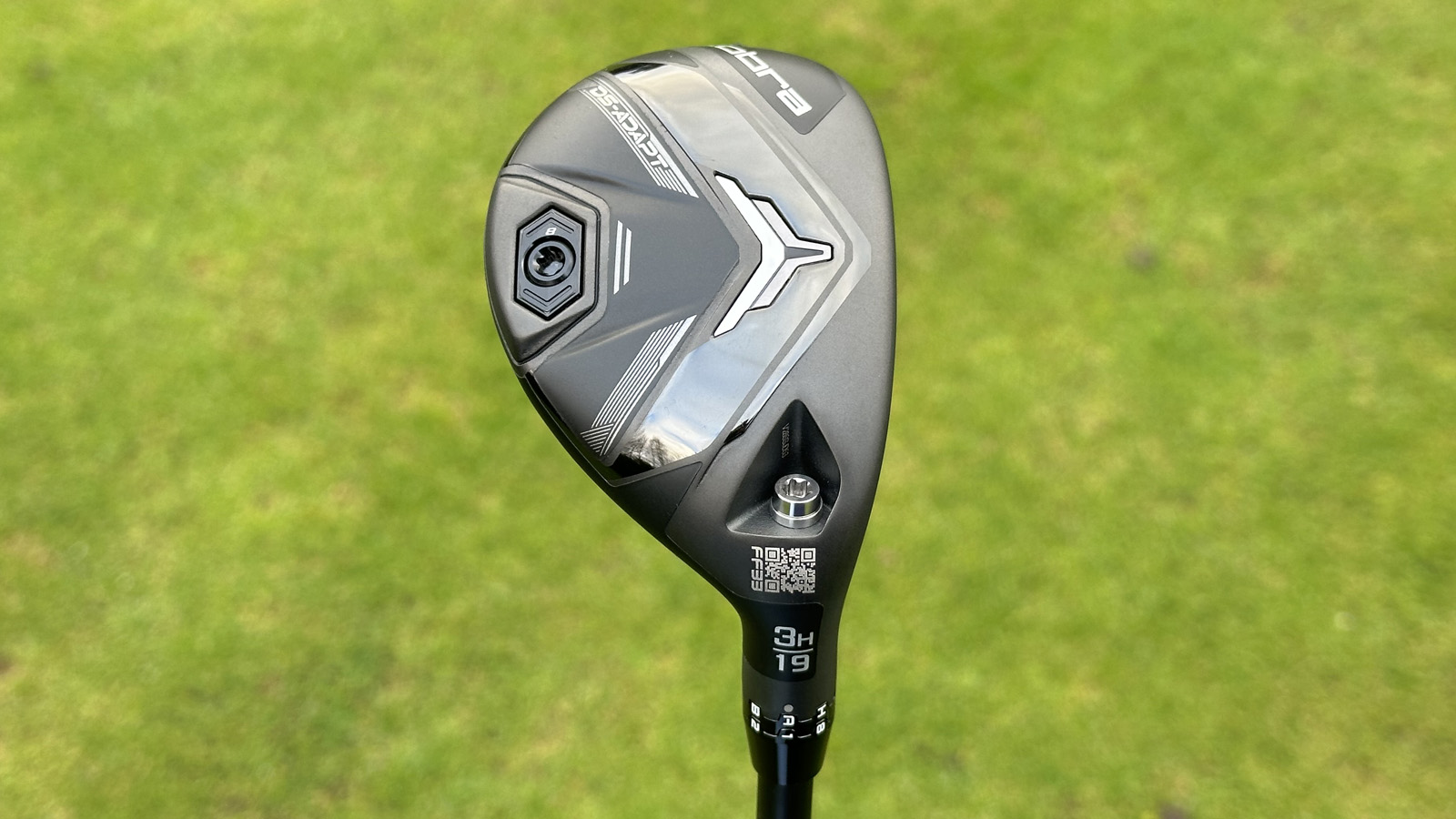
While the hybrid may be a club that is slowly dying out in the professional game, I still believe they hold great value for club golfers seeking versatile, forgiving options at the top end of the bag. The Cobra DS-ADAPT hybrid looks exceptional and rounds out an aesthetically-pleasing 2025 lineup from the brand, but I wanted to see how performed so I put it to the test out on the golf course in a variety of scenarios.
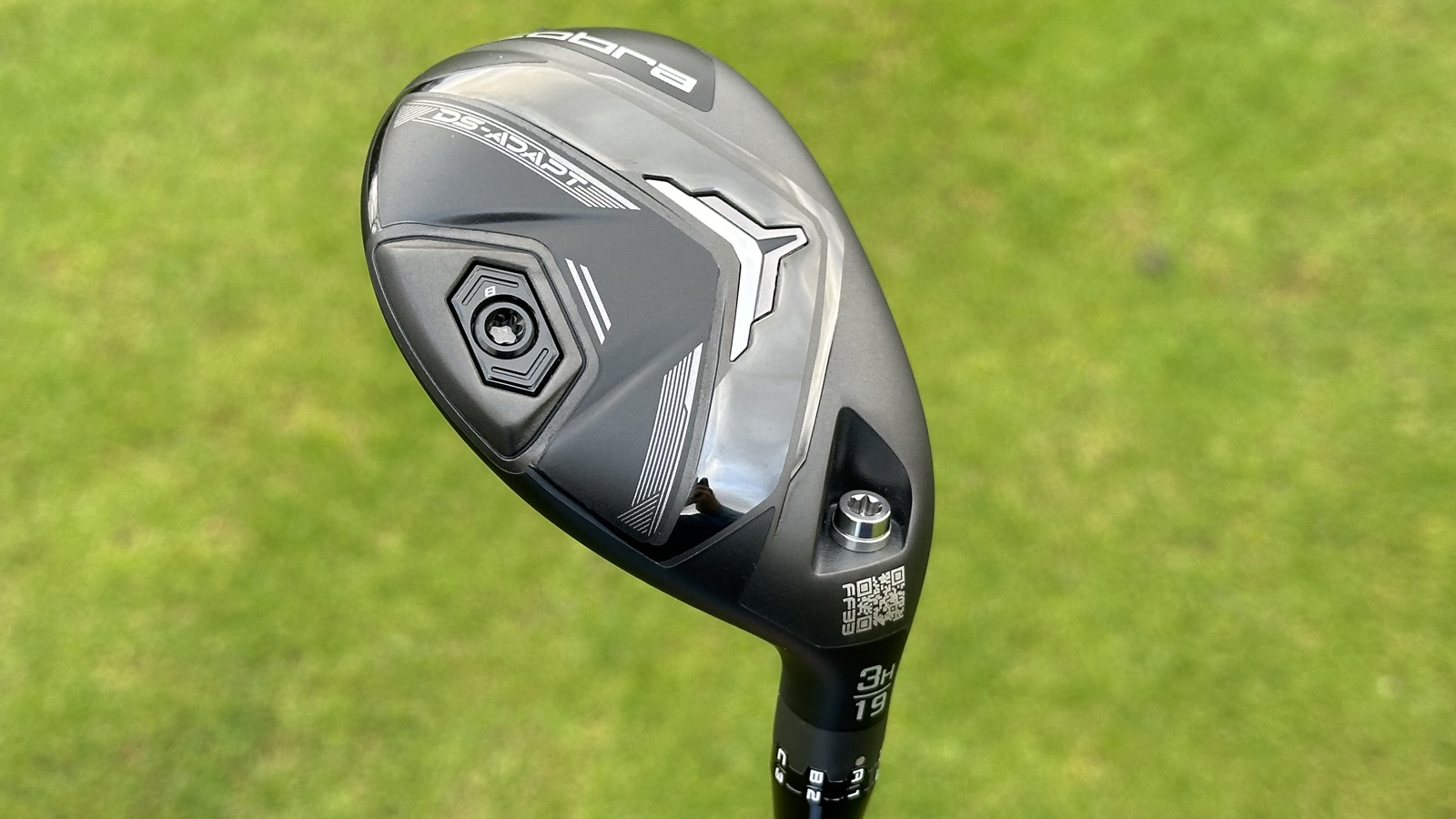
Before jumping into performance, it’s worth noting that this hybrid looks as good as any of the best golf hybrids currently on the market, both in your bag and when sat down behind the ball. It’s definitely a more compact looking head than I was expecting, despite the footprint being ever so slightly larger than its predecessor - something that the more confident ball striker will like, but if you’re looking for something a little more confidence inspiring I would urge you to look at one of the most forgiving hybrids instead.
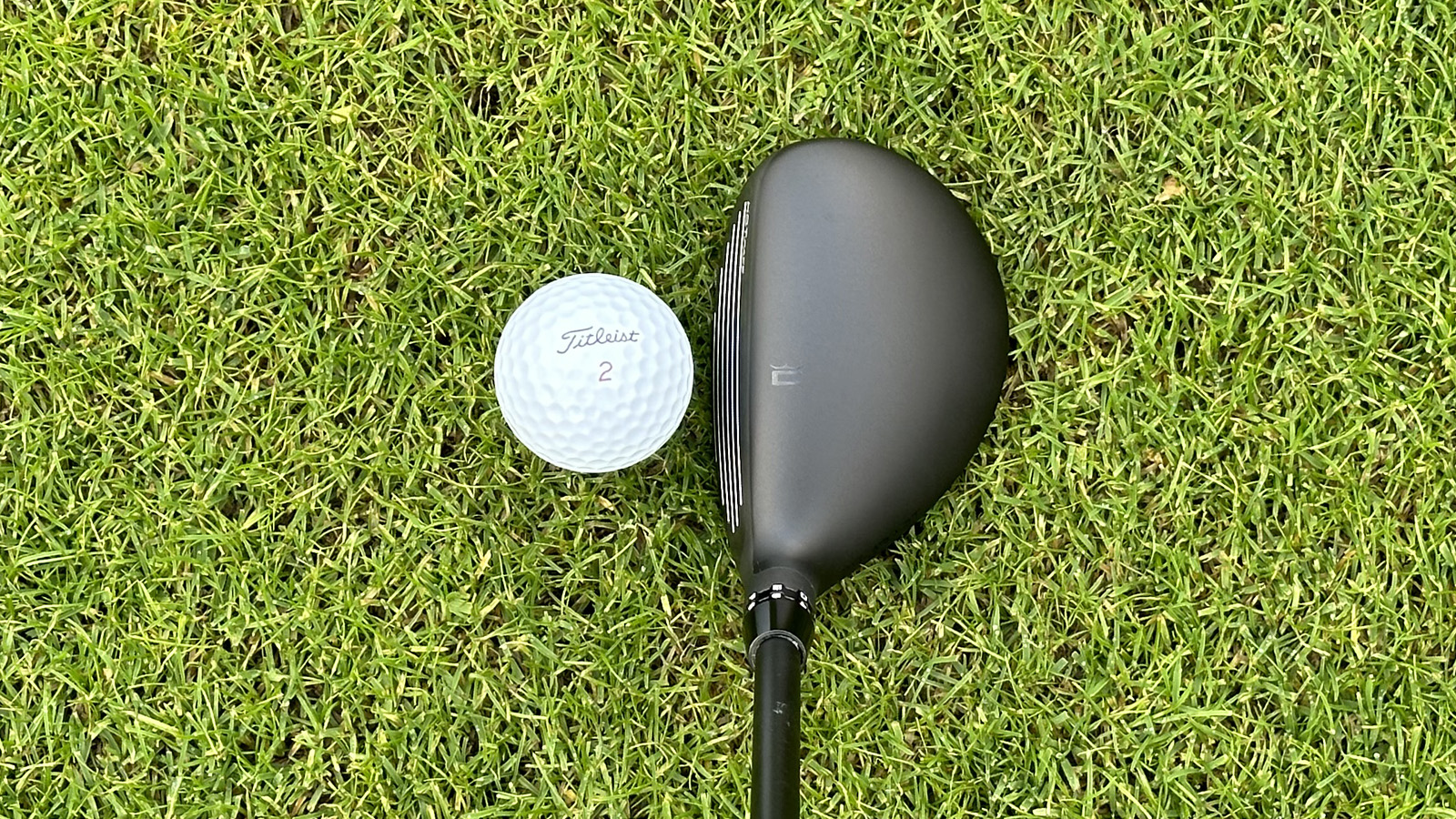
The beautiful gloss and satin black tone colorway gives this club a modern and very premium look, albeit very similar to that of the Darkspeed and King Tec hybrid. The DS-ADAPT hybrid features the same adaptive weighting found in the rest of the DS-ADAPT range which sees the weight brought forward and low in the face to help with launch and spin control. While I wouldn’t say I saw this hybrid launch overly high, it did produce a strong flight and felt very fast off the face.
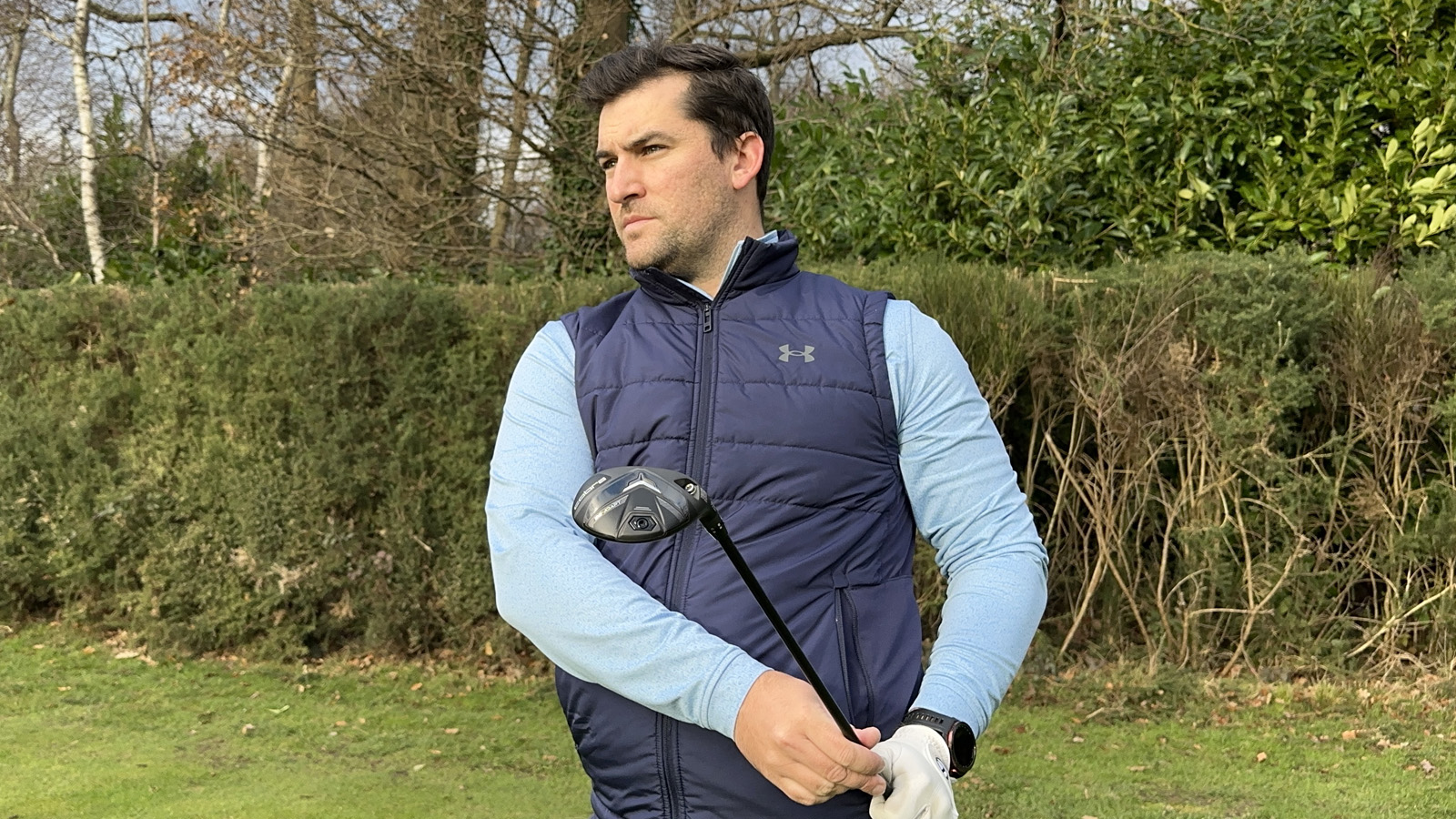
When purchasing a hybrid club, you want it to be versatile and perform well in different lies and situations. The Cobra DS-ADAPT did a fairly good job at that. I found it to be exceptional from the tee and the fairway, so if you’re looking for an alternative option from the tee on a tighter hole, this club is a great option. I would say it didn’t perform quite as well from the rough despite its fairly compact head. It just didn’t feel quite as easy to launch and get the carry I would hope for when playing into a green from the first cut. While hybrids can be hit and miss in this category, a higher-lofted fairway wood such as a 9-wood to be a great alternative.
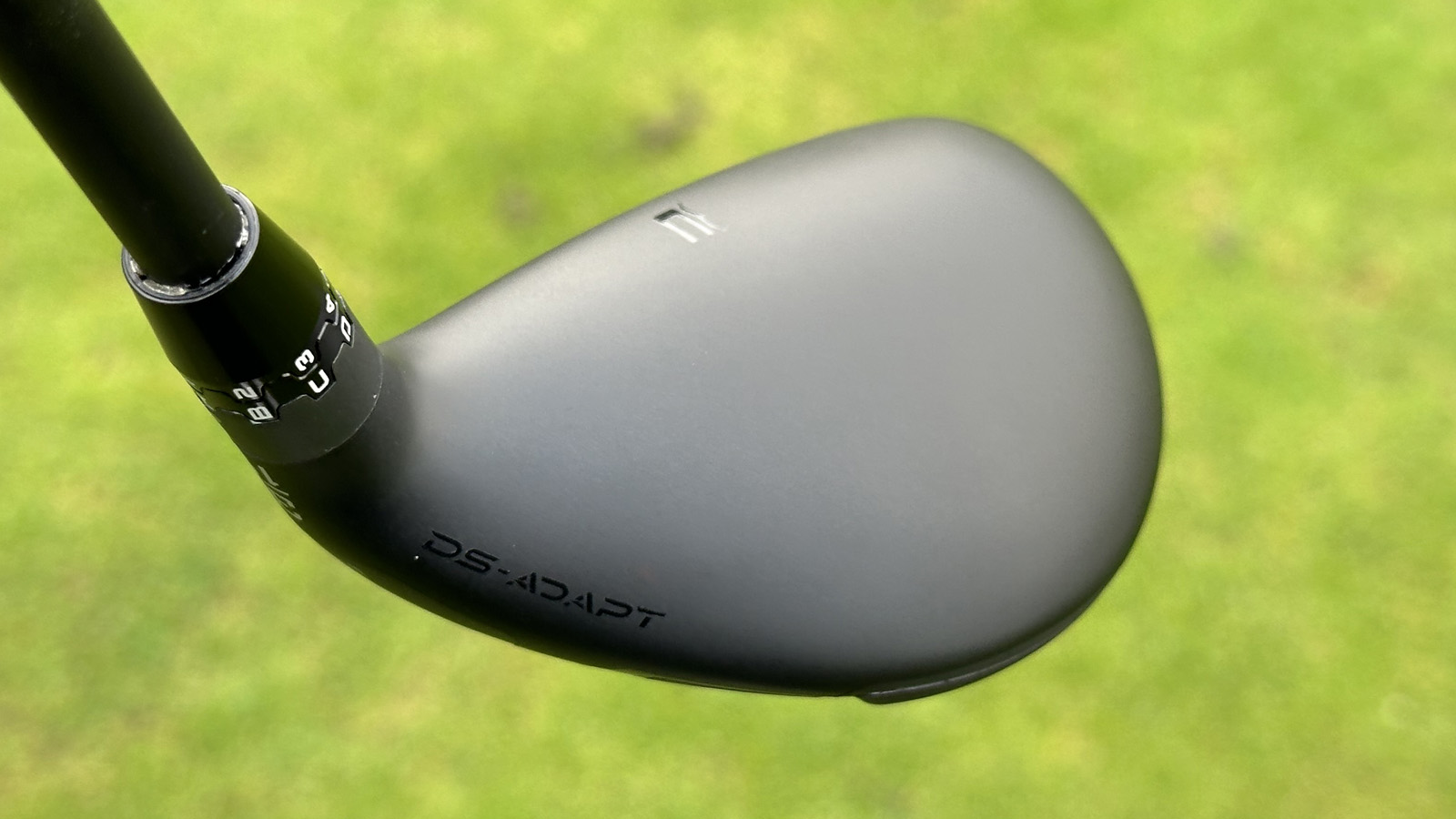
The speed I was feeling off the face was probably down to the H.O.T. face technology that has been present in the past couple of metalwood designs Cobra has released. This tech allows for better ball speed retention across the whole of the face so you lose minimal distance if you happen to miss strike the ball. Through impact the ball felt fairly solid, which provided good amounts of feedback on strike but there are definitely softer feeling hybrids on the market such as the Ping G430 and TaylorMade Qi10 if you want a quieter feeling off the face.
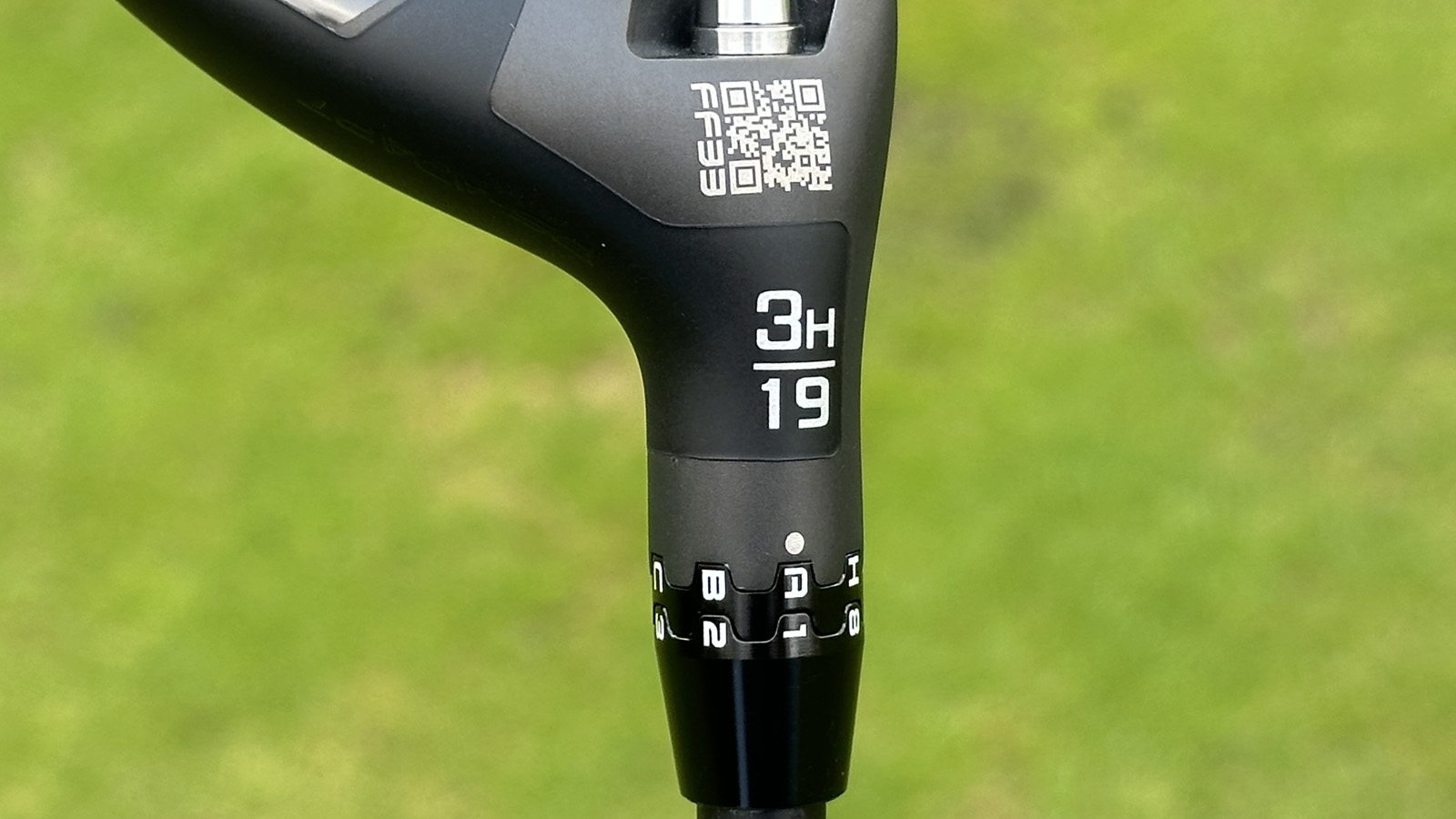
The main technology Cobra has introduced throughout the DS-ADAPT range is the FutureFit33 hosel which provides 33 different settings the golfer can change into to help dial in or correct a certain ball flight. By scanning the QR code that is etched onto the club, you are presented with the settings chart which helps you identify the setting that will suit you. While this is very modern and clever, I can’t help but feel it slightly detracts from the aesthetics of the club.
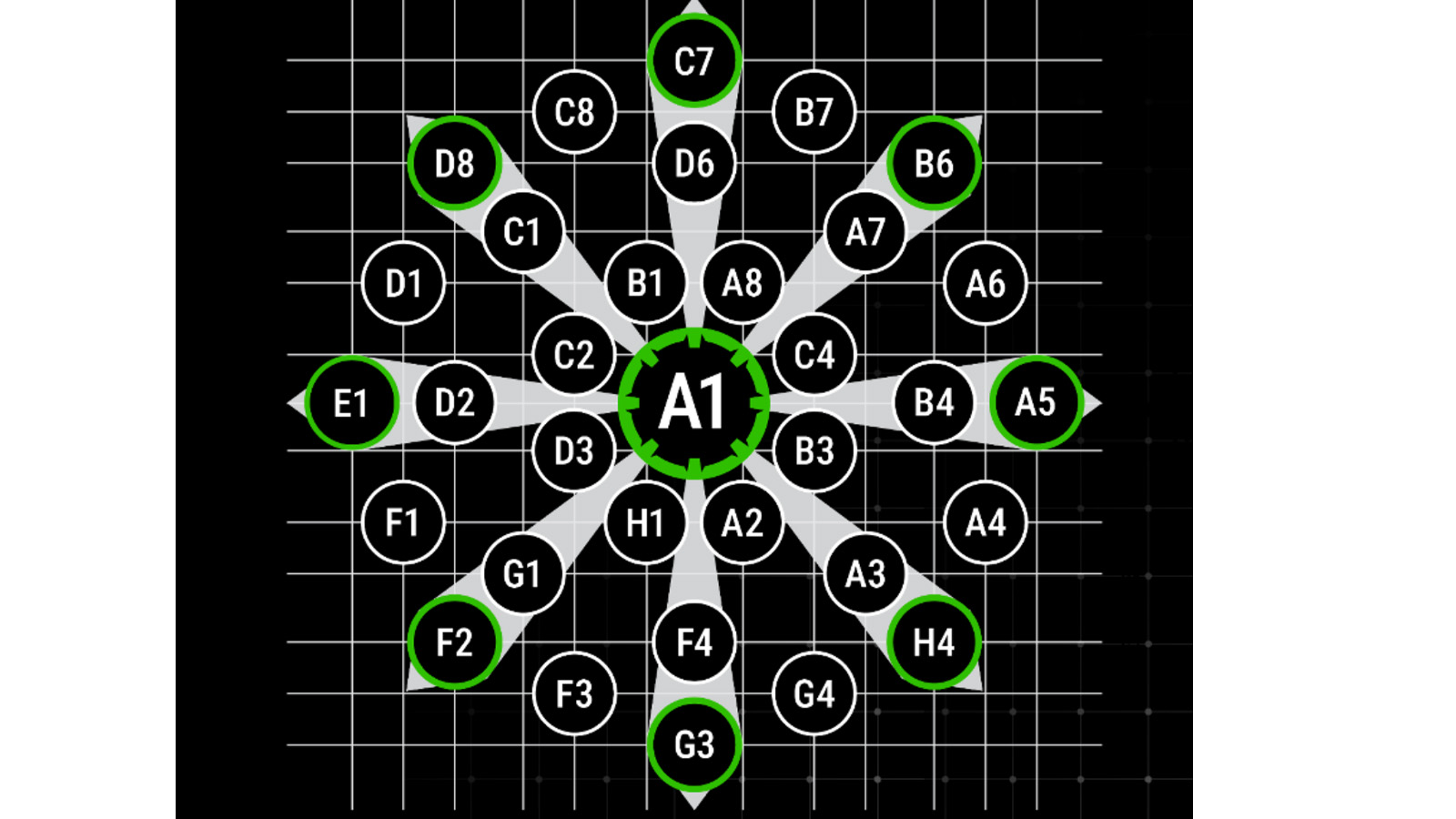
At $299/£249 I think the Cobra DS-ADAPT hybrid offers great value for money. It proved to offer ample distance, while being very forgiving and useful from the tee or approaching greens from the fairway. The FutureFit33 hosel allows you to configure this club in anyway you please, meaning you really can make this club pretty much anything you want it to be - a high soft landing club, a powerful alternative from the tee or something in between. If you prefer a more compact looking hybrid that feels fast off the face, then the Cobra DS-ADAPT is certainly worth considering.







